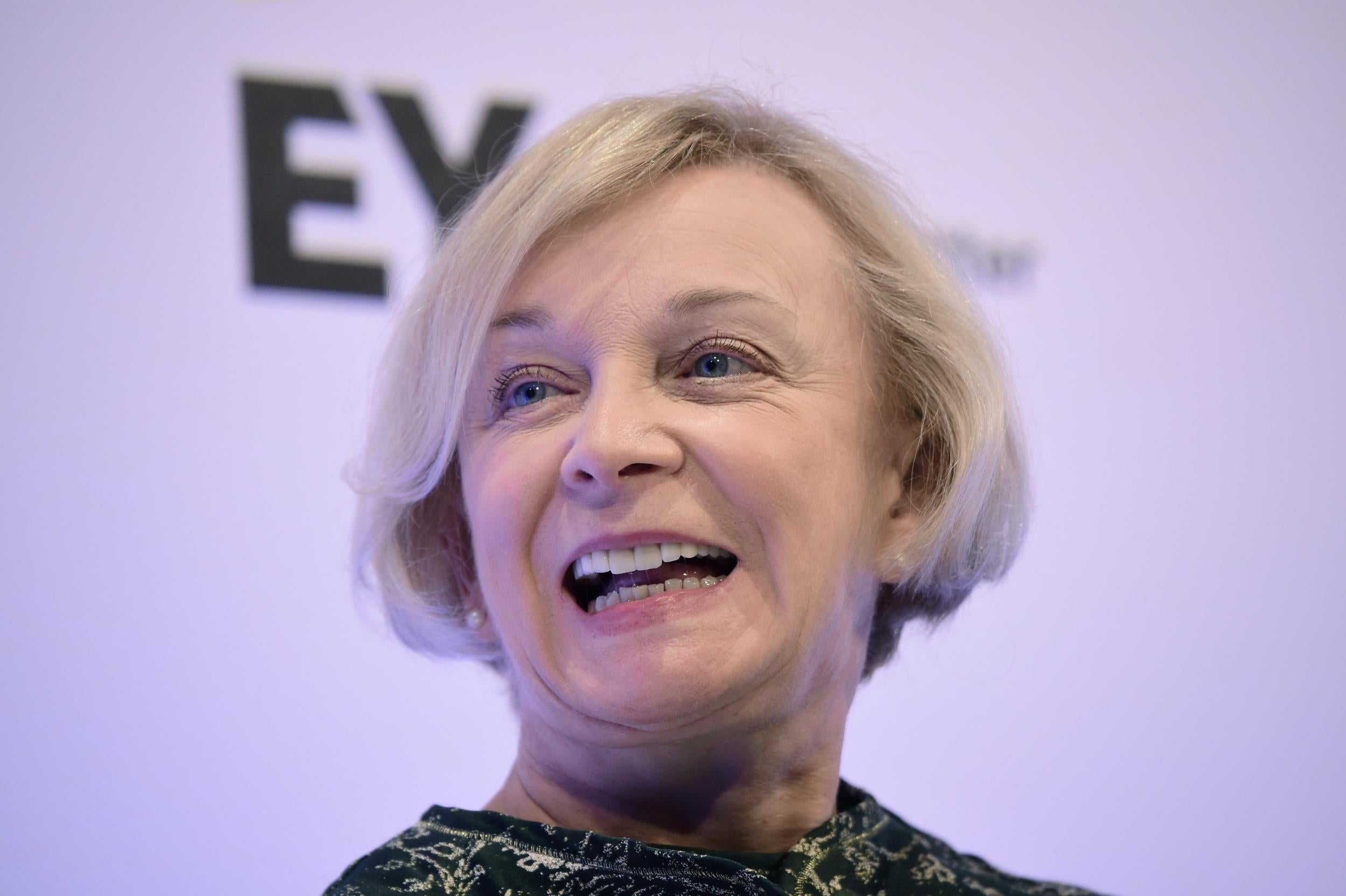Royal Mail shareholders reject boss’s pay deal in biggest investor revolt for years
New chief executive to receive £100,000 more in basic pay than predecessor

Royal Mail suffered one of the largest-ever shareholder revolts over executive pay, but Switzerland-based boss Rico Back may still collect his full award because the investor vote was merely advisory.
At Royal Mail’s annual general meeting in Sheffield on Thursday, 70 per cent of shareholders rejected the privatised postal service’s remuneration report.
Responding to the non-binding vote, the board said it will consult further when it reviews its remuneration policy later this year.
Investors had been angered Mr Back, who plans to commute to his new role as chief executive from Zurich, will receive £640,000 basic pay – £100,000 more than his predecessor Moya Greene.
Royal Mail said Mr Back’s total fixed pay will be around the same as Ms Greene’s because he will receive £88,000 less in pension contributions.
Despite this, investor advisory firms ISS and Glass Lewis both recommended shareholders vote against the pay packet.
With 70 per cent of shareholders voting against the deal, the revolt is larger than the 65 per cent who rejected Persimmon boss Jeff Fairburn’s £75m payout in April.
After the meeting, the board’s remuneration committee chairwoman, Orna Ni-Chionna, said: “We are very disappointed that the advisory vote on the DRR [directors’s remuneration report] was not carried.
“We have worked hard since becoming a public company to take a highly responsible approach to executive pay and have enjoyed strong support from our shareholders on all remuneration matters until this vote.

“We recognise and understand the reasons why our shareholders felt they could not vote in favour of the DRR this year.
“We have already been in contact with many of them and will reflect very carefully on their main concerns. We will consult very closely with them and with the shareholder representative bodies as part of our scheduled review of the company’s remuneration policy. This is due to take place in the autumn.
“In our engagement with shareholders, we explained that the retiring CEO’s and the incoming CEO’s overall fixed cash remuneration – their base salary, pension entitlements and benefits – are broadly the same.
“The incoming CEO’s pension entitlement is lower and the salary is higher than the retiring CEO. We did not feel it was appropriate to reduce the fixed pay for this very demanding role.
“Any potential increase in Rico Back’s variable pay is subject to meeting stringent performance conditions.”
Join our commenting forum
Join thought-provoking conversations, follow other Independent readers and see their replies
Comments
Bookmark popover
Removed from bookmarks